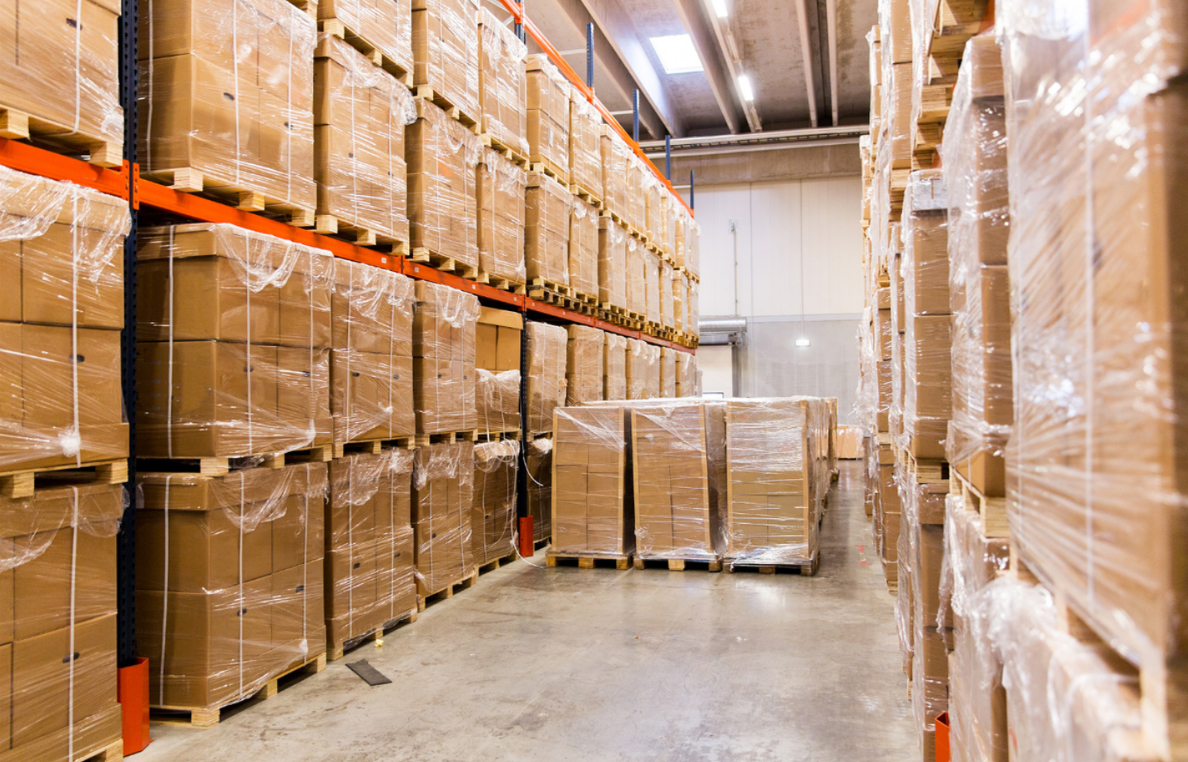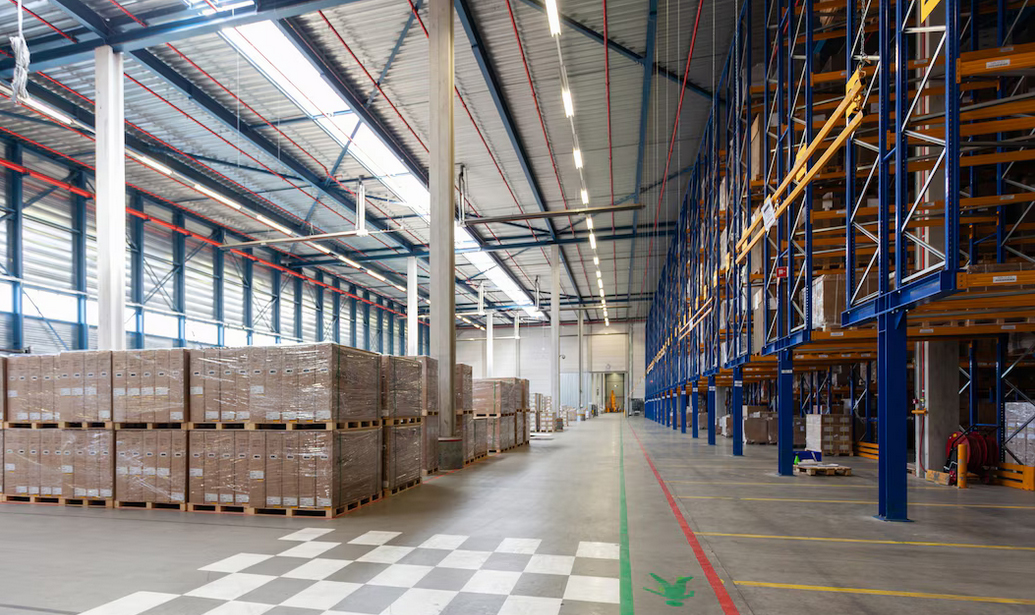Full Truck Load (FTL)
Full Truckload (FTL): A Complete Guide
Full Truckload (FTL) refers to the transportation of goods that require the full capacity of a truck or trailer. FTL shipping is ideal for high-volume shipments, used across various sectors when large quantities of products need to be moved efficiently.

How We Work
At Werex Trans, we make the transportation process simple and efficient. Here’s how it works:1 You select your quote
We receive it, calculate,
and send back the results
2 We sign a contract
Long term, or one
time – depends on you
3 We choose carrier
Based on your quote and calculations we select carrier and create tracking information
4 You receive your goods
You get your products safe and sound at your selected destination and make a closing payment
What is Full Truckload (FTL)?
Full Truckload (FTL) is a transportation method in which the entire capacity of a truck or trailer is dedicated to one shipment. This mode is typically used for shipping large volumes of goods that cannot easily be consolidated in a shared truckload, known as Less Than Truckload (LTL). Here are some key factors to consider when using FTL for shipping:
- Shipment Volume: FTL is best suited for large loads that occupy the entire capacity of a truck or trailer. If the space isn’t filled, the shipper could be paying for unused space.
- Transit Time: FTL shipments typically have shorter transit times due to direct routes, as there are fewer stops and transfers.
- Cost: FTL is generally more expensive than LTL since the entire truck or trailer is dedicated to one shipment. However, it becomes more cost-efficient if the entire space is utilized.
- Carrier Selection: Choosing a reliable carrier with the right expertise and experience to manage specific needs is crucial. Werex Trans is one such reputable carrier that ensures quality service with expertise in handling FTL shipments. It’s also important to verify the carrier’s safety standards, equipment, and insurance coverage.
How Does Full Truckload (FTL) Work?
To secure FTL for a shipment, a carrier needs to be found that can offer a dedicated trailer for the shipment’s requirements.
- Booking: The FTL process begins with reserving the shipment with a carrier. Information such as the origin, destination, shipment size and
- Pickup: After booking, the carrier will set a time and location for the pickup. Ensuring the shipment is ready for loading and securely packed is essential to prevent any damage during transport.weight, and any specialized handling needs are provided.
- Transit: The shipment travels directly from the origin to the destination with no transfers. Real-time tracking technology may be used to provide updates on the shipment’s status and any potential delays.
- Delivery: Upon arrival, the shipment is unloaded and inspected for any damage or loss.

Advantages and Disadvantages of Full Truckload (FTL)
FTL offers various benefits, but it’s not the best fit for every shipment. Here are the pros and cons of this shipping method:
Benefits of FTL:
- Cost-effective for large loads: For sizable shipments, FTL offers more value than LTL as the cost per unit decreases with larger shipments.
- Faster transit: With fewer stops, FTL shipping often leads to faster delivery, minimizing delays.
- Reduced handling: Once loaded, FTL shipments remain in the same trailer throughout the journey, which reduces the chances of damage from additional handling.
- Increased security: Since the shipment is rarely opened or moved once loaded, FTL offers better security.
- Flexibility: Routes and pickup times can be adjusted easily to improve operational efficiency since the truck is dedicated to the shipment.
Drawbacks of FTL:
- Minimum load requirement: FTL often requires shipments to be large, usually around 10,000 pounds or more. Smaller shippers may find this impractical.
- Higher cost for partial loads: If there isn’t enough cargo to fill a truck, the per-unit shipping cost may increase.
- Limited flexibility for changes: After loading, altering the shipment—such as adding or removing items—becomes difficult and potentially costly.
When is Full Truckload (FTL) the Best Option?
FTL shipping offers several advantages but is most effective in specific circumstances. Here are some situations where FTL is the best option:
- Shipping large quantities: FTL is the most economical when you have enough goods to fill an entire trailer. The cost per unit decreases when the trailer is fully utilized.
- Shipping valuable or delicate items: FTL is a good choice for high-value or fragile items since they remain undisturbed throughout the journey, reducing the risk of damage.
- Speed requirements: If quick transit is necessary, FTL is a great option since there are fewer stops along the way.
- Precise delivery needs: For shipments that have specific delivery deadlines, FTL offers greater control over the schedule and route.
Industries That Often Use FTL
- Manufacturing: FTL is commonly used in manufacturing to transport raw materials, finished goods, and machinery.
- Retail: Retailers use FTL to move large and bulky items from distribution centers to stores.
- Food and Beverage: The food industry frequently uses FTL to transport perishables that require timely delivery, such as dairy and prepared foods, ensuring they stay within cold-chain requirements.
- Construction: Construction companies use FTL for shipping large construction materials like steel, lumber, and cement.
- Agriculture: The agriculture industry relies on FTL to transport crops like grains, fruits, and vegetables to processing centers or distribution hubs, ensuring timely delivery to avoid spoilage.
- E-commerce: E-commerce companies use FTL for transporting larger goods such as furniture, appliances, and electronics.
Choosing the Right FTL Carrier
When selecting an FTL carrier, consider the following factors:
- Reliability: Choose a carrier with a good track record of on-time deliveries and minimal damage to goods during transit. Werex Trans stands out as a trusted partner for businesses looking for reliable and timely FTL shipping solutions.
- Capacity: Ensure the carrier has the required equipment and capacity to handle your shipment needs.
- Cost: Obtain quotes from multiple carriers to compare rates. However, don’t compromise reliability or service quality just to get a lower rate.
- Insurance: Confirm that the carrier has adequate insurance to cover any potential damage or loss during transport.
- Communication: Opt for a carrier that maintains clear communication throughout the process, providing regular updates and alerts for potential delays.
- References: Ask for testimonials or references from previous clients to assess the carrier’s reliability and service quality.
